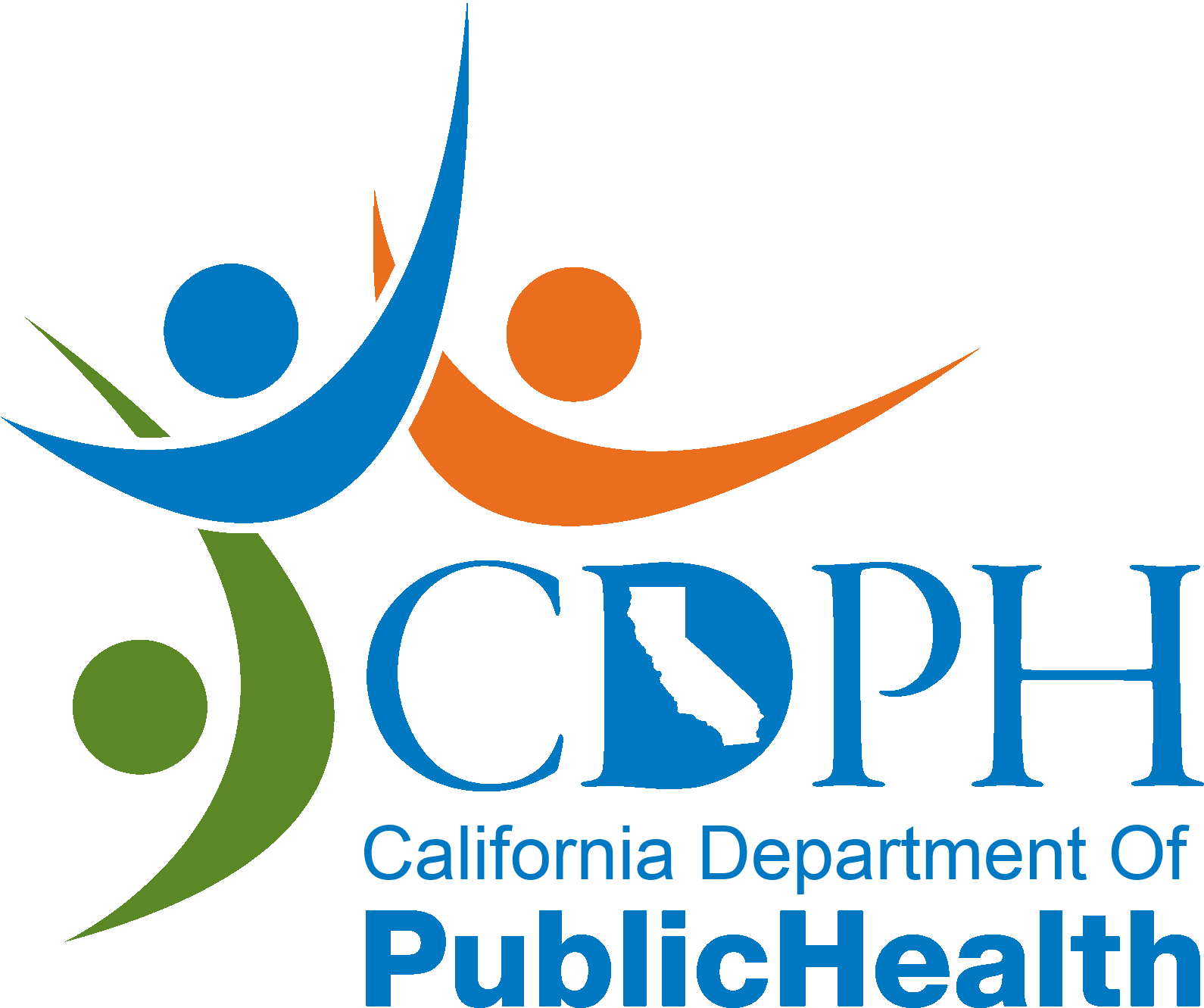Free Chlamydia Testing & Treatment
Chlamydia is a very common STD that is caused by bacteria – it is sometimes referred to as the “silent infection” as symptoms aren’t always present. Sometimes symptoms may appear similar to symptoms of other STDs. It’s estimated that about 90% of women and 70% of men do not show any outward symptoms in the early stages of infection. Therefore, it’s important to receive regular testing for chlamydia because although it may not present with symptoms initially, it may cause serious health problems later. Options Health offers free Chlamydia testing and we encourage regular testing for both men and women.
What Causes Chlamydia?
Chlamydia can be contracted via sex without a condom as well as unprotected oral sex – it’s important to note that penetration doesn’t have to happen for chlamydia to spread. Anal sex may also cause chlamydia, as well as genital contract. Chlamydia can also be passed via sex toys. Birth control or the contraceptive pill will not prevent you from contacting chlamydia. Sometimes in rare cases chlamydia can cause eye infections, but this is less common. Even if you’ve had chlamydia in the past and it was successfully treated, it can still be contracted again if you are exposed to a new source. It’s critical for women and pregnant women to receive regular testing and be screened for chlamydia as babies can contract chlamydia during childbirth.
Is Chlamydia a Common STD?
More than 2.5 million cases of chlamydia, syphilis and gonorrhea were reported in 2019, nearly a 30% increase from 2015 numbers. It’s estimated this number may be even higher as many cases go undiagnosed and unreported. Although both men and women can get chlamydia, highest rates of infection are in young women between the ages of 15 and 24.
How Often Should I Get Tested For Chlamydia?
It’s recommended that women who are sexually active and 25 years of age or younger get a chlamydia screening once a year, as well as older females who may be sexually active with multiple partners.
What are Symptoms of Chlamydia?
Common symptoms of chlamydia for men included a burning sensation while urinating, green or yellow penis discharge, lower abdominal pain, or testicular pain in men. It’s important to note that many men do not display any symptoms of chlamydia, and many have none at all. If these symptoms do appear, it can happen 1-3 weeks after initial contact. Chlamydia can also be contacted through anal sex, and symptoms include bleeding, pain, and discharge. It is possible to get chlamydia in the throat from oral sex, and symptoms can present themselves as a cough, fever, or sore throat. If you are carrying chlamydia bacteria in your throat and do not know it, you run the risk of spreading it to sexual partners.
Women with chlamydia may experience pain during sex, a burning sensation while peeing, abnormal vaginal discharge, cervix inflammation, lower abdominal pain, or spotting between periods.
Left untreated, chlamydia infection can spread all the way to the fallopian tubes and cause PID (pelvic inflammatory disease). If you experience severe pelvic pain, nausea, fever, or bleeding outside of your normal menstrual period, contract a medical professional immediately.
Chlamydia, when left untreated can cause permanent damage to the female reproductive system and cause pregnancy complications or infertility later on.
Pregnant women with chlamydia run the risk of passing the bacteria to their babies during childbirth, which can cause pneumonia and eye infections for newborns.
How is Chlamydia Treated?
Fortunately, chlamydia can be easily treated. As chlamydia is caused by bacterial infection, it can be treated by antibiotics. After receiving Free Chlamydia Testing, Options Health will recommend you receive a course of antibiotics, which will be administered by a medical professional. Follow your doctor’s instructions carefully, take the recommended dosage, and be sure to abstain from sex until you are 100% in the clear.
How Does Chlamydia Testing Work?
A healthcare professional will request a urine sample and/or take a swab from either the tip of the penis or lower part of the cervix or vagina.
How To Prevent Contracting Chlamydia
Always practice safe sex and be sure to use protection with new partners. Get STD testing regularly and do not have oral sex with any partners until they have received STD screening. Gonorrhea is another common STD that is also caused by bacteria passed during sex. Options offers Free Gonorrhea Testing for both men and women.



